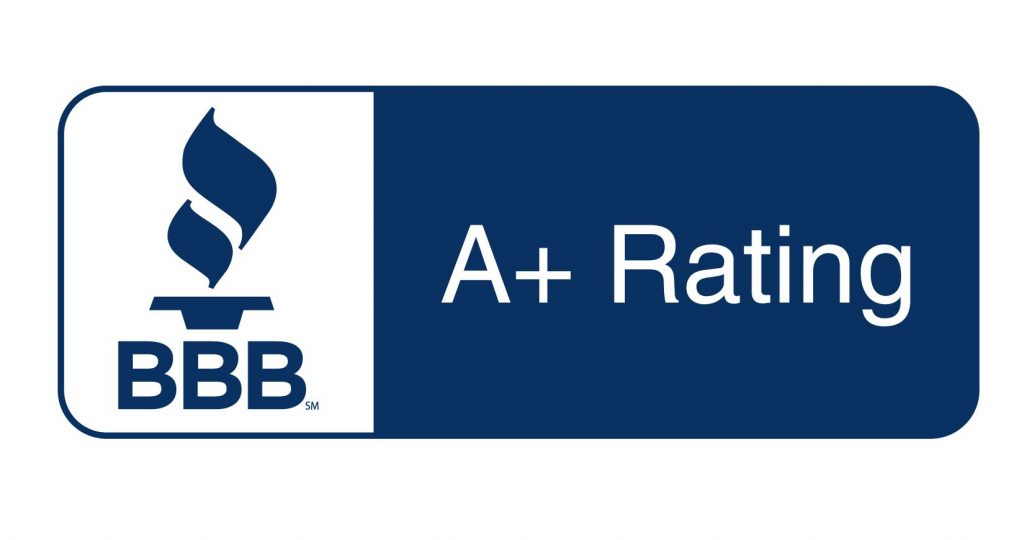While it is not required to enroll in Medicare once you are eligible, it is highly recommended by the VA. They highly emphasize the importance of enrolling in Medicare Parts A and B when you are able to. Part A covers your civilian inpatient hospital bills, while Part B is your civilian outpatient medical coverage.
VA Coverage Is Not Guaranteed
VA health insurance, by law, must provide health services, such as doctor visits and outpatient care services, that are defined as “needed” for necessary care or service to improve health. The choice of what is considered “needed” typically falls into the hands of your physician.
Those who are enrolled in VA health coverage are grouped into priority groups, ranging from priority group 1 to group 8, with 1 being the highest-ranking group. They are also the least likely to lose their insurance if VA funding were to be cut.
Your Coverage Options Are Increased With Medicare
If you want full VA coverage, then you are required to seek treatment at a VA-approved facility. If an emergency occurs, and you are unable to seek treatment at an approved facility, you may be liable for 100% of all health costs that are needed. If you are not located near a VA facility, enrolling in a Medicare Plan may prove beneficial to your healthcare. Medicare offers many plan options, such as Parts A, B, C, D, and Medigap plans.
Each of these parts provide coverage that can be beneficial to you and your health coverage, and will widen your treatment options as you won’t be limited to just a VA-facility to receive your care and treatment.
Missing Medicare Enrollment Periods
Once you are well past the age of 65, your VA coverage could end. That’s why enrolling in Medicare and on time is super important so you can avoid gaps in coverage. Most people are automatically enrolled in Medicare Part A, but If you have not already signed up for Medicare Part B during your Initial Enrollment Period, you could be subject to penalties. These penalties will be added to your premium, and they will last for as long as you have your Part B coverage.
Your premium is liable to increase 10% for every 12 months that you are late signing up for Medicare Part B. However, there is a chance for you to not pay these penalties, but you will have to qualify for a Special Enrollment Period, or SEP.
Do You Need Medicare?
In conclusion, we have addressed why it is vital for veterans to keep their VA benefits, but also enroll in Medicare benefits when they are eligible. Congress may cut VA funding in the near future, leaving some veterans without health coverage. Having enrolled in Medicare will then be a good backup for coverage, rather than having no coverage at all.
Not only are you covered in case of VA benefits running out, but your range of health coverage is also expanded due to the fact that you can now visit doctors and hospitals that don’t have to be in VA-approved facilities. You can also use local pharmacies rather than the VA mail-order pharmacy.
Overall, having these two policies together can provide great coverage. For more information about benefiting from both, reach out to Carolina Senior Benefits today!





